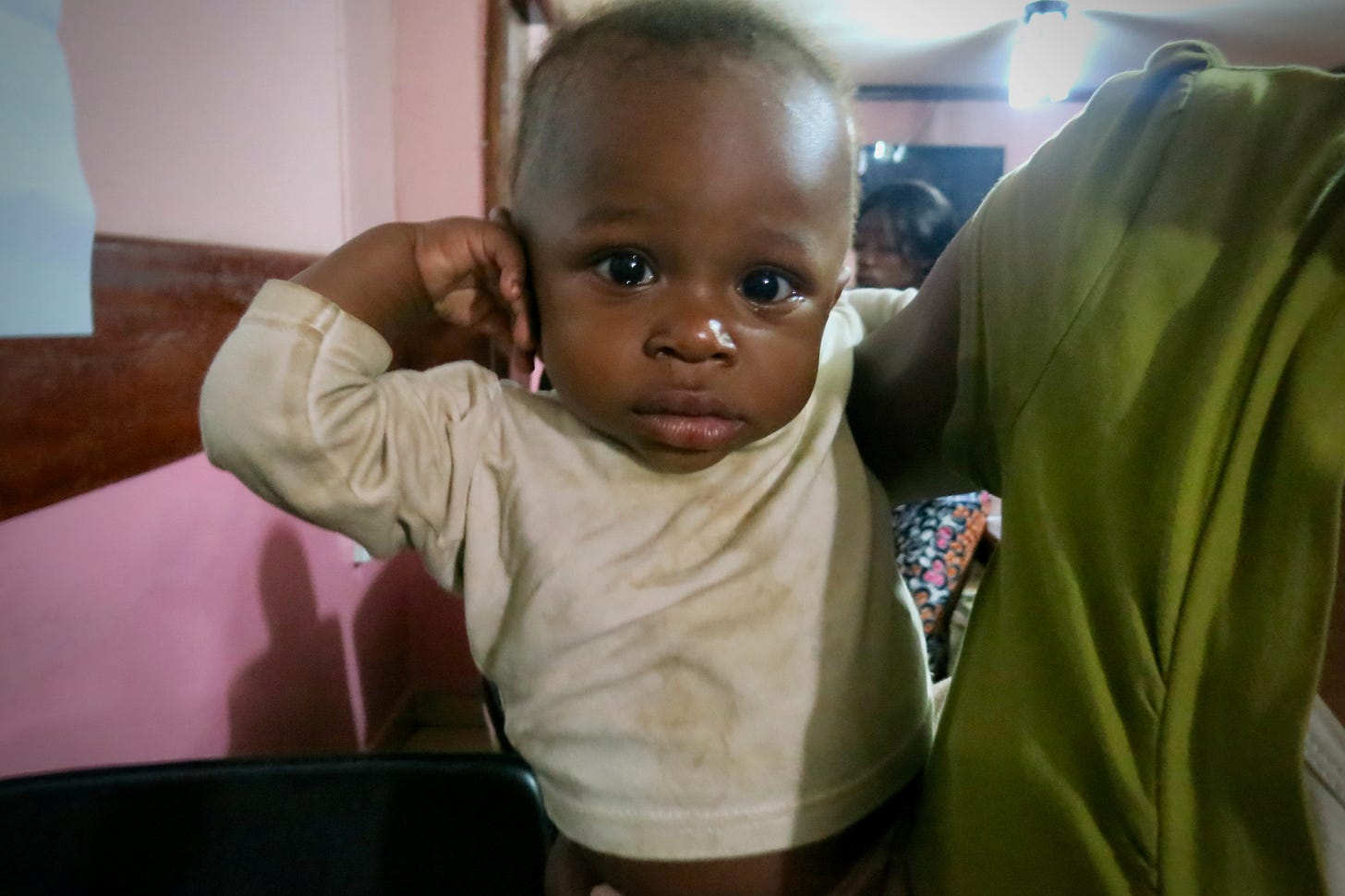‘My tears never dry. My name has become tears.’ (Audio)
We were seated around a large table that filled most of the room, which was poorly lit by blue-tinted fluorescent lights that made the pale rose walls feel sickly. In my memory, the room was painted the kind of olive color that tints bad dreams.
A group of us with a delegation from the Nobel Women’s Initiative, including Nobel Laureate Leymah Gbowee, were meeting in the eastern city of Bukavu, in the Democratic Republic of Congo, with 18 rape survivors — some of whom had walked for days to be there.
The women, dressed in colorful prints and plastic flip-flops, had been raped mainly by militias, but some by the Congolese Army. Usually, they’d been working in their fields picking bananas, sugarcane or maize when the men came.
One by one, they told their stories. A number of them had been gang raped or violated with sticks. Most were tortured. Some were now living with HIV. One young woman had become pregnant.
Hours later, as the Congolese night fell noisily outside, the one who had become pregnant spoke. I will call her Aimee.
Keep reading with a 7-day free trial
Subscribe to Chills, by Lauren Wolfe to keep reading this post and get 7 days of free access to the full post archives.




